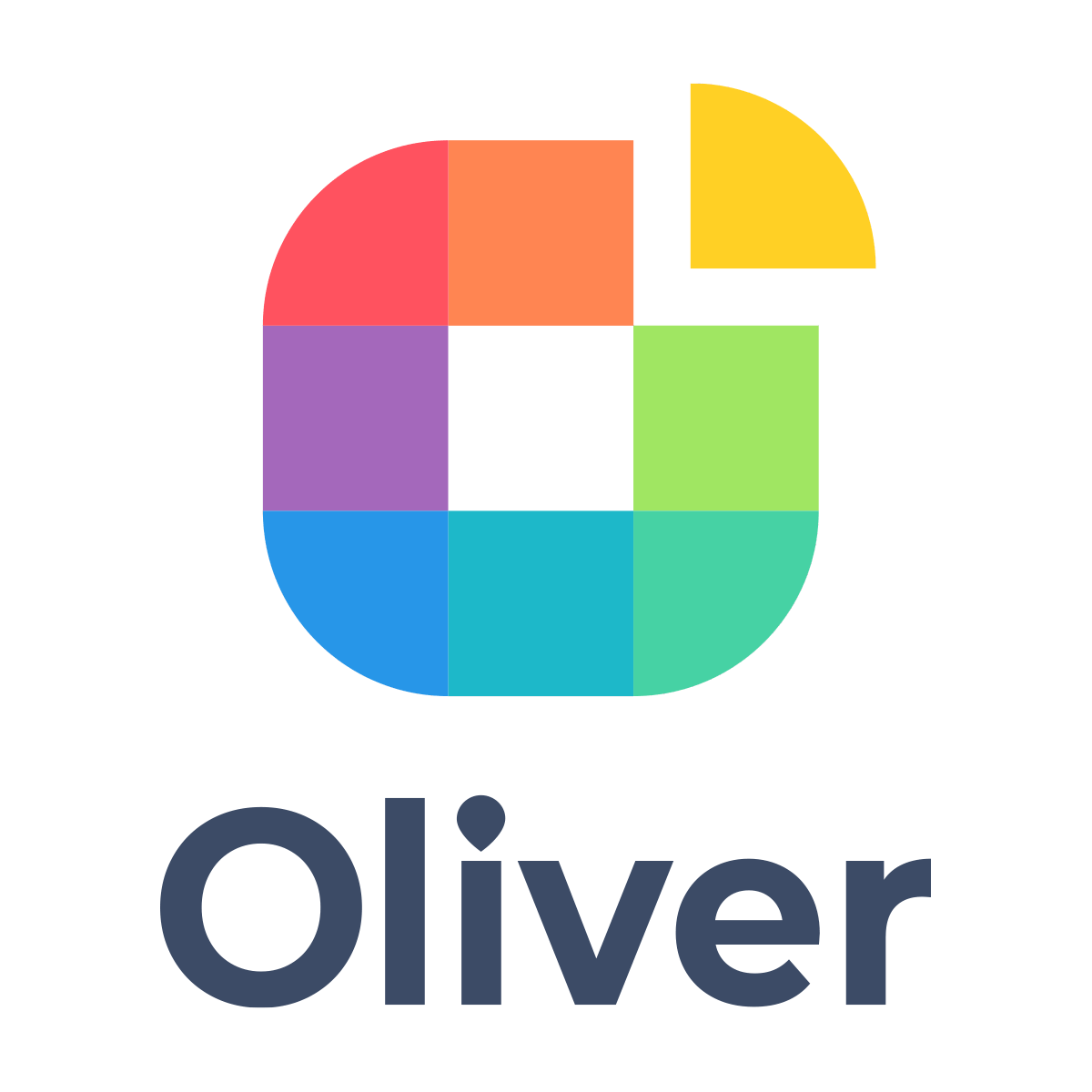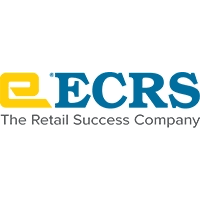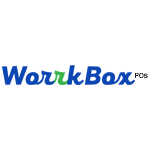Description

Oliver POS

Cegid
Comprehensive Overview: Oliver POS vs Cegid
Oliver POS and Cegid are both point-of-sale (POS) solutions, but they cater to different market segments and have distinct functionalities. Here’s a comprehensive overview of each:
Oliver POS
a) Primary Functions and Target Markets
Primary Functions:
- Integration with E-commerce Platforms: Oliver POS is well-known for its seamless integration with e-commerce platforms, particularly WooCommerce. It allows merchants to synchronize their online and offline stores, providing a unified inventory and sales management system.
- Inventory Management: Users can keep track of products in real-time, across both online and physical store locations.
- Customer Management: Features allow businesses to track customer purchases and preferences, making it easier to execute personalized marketing strategies.
- Reporting and Analytics: Provides detailed reports and analytics to aid in business decision-making.
- Hardware Compatibility: Supports a variety of POS hardware, including tablets, receipt printers, and cash drawers.
Target Markets:
- Small to Medium-sized Businesses (SMBs): Oliver POS is particularly popular among SMBs that operate both online and physical stores.
- E-commerce Centric Businesses: Especially those using WooCommerce, as the integration allows for continuity between online and offline sales processes.
b) Market Share and User Base
Oliver POS primarily caters to the niche market of WooCommerce-based businesses. It’s a growing player in the POS industry, especially among small and medium businesses seeking integration between their e-commerce and physical sales operations. While it doesn't dominate the broader POS market, its specialization offers significant appeal within its targeted segment.
Cegid
a) Primary Functions and Target Markets
Primary Functions:
- Omnichannel Retail Management: Cegid provides robust tools for managing sales, inventory, customer relations, and marketing across multiple channels.
- Advanced Analytics and Insights: Offers comprehensive business intelligence tools for detailed reporting and performance analysis.
- Cloud-based Solutions: Allows businesses to access their POS system from anywhere, facilitating scalability and remote management.
- Industry-specific Solutions: Cegid tailors solutions for various industries, including fashion, luxury, and specialty retail.
- Integrated Back-Office Functions: Supports functionalities like accounting and payroll through various integrations.
Target Markets:
- Large Enterprises and Multinational Retailers: Due to its ability to manage complex, large-scale, and multi-location operations.
- Industry-specific Verticals: Particularly in sectors like fashion, luxury retail, and specialty stores, where detailed inventory tracking and customer management are crucial.
b) Market Share and User Base
Cegid commands a significant presence in the global retail software market, especially among large enterprises and industry-specific verticals. It’s a leader in the French market and continues to expand internationally. Its comprehensive suite of solutions appeals to large retailers needing sophisticated, integrated systems to manage extensive operations.
c) Key Differentiating Factors
-
Integration and E-commerce Focus:
- Oliver POS is distinguished by its tight integration with WooCommerce, making it an attractive choice for online-first businesses that operate physical locations.
- Cegid, on the other hand, offers more extensive omnichannel capabilities suitable for larger retailers.
-
Target Market Size and Industry:
- Oliver POS targets SMBs, offering more straightforward, budget-friendly solutions.
- Cegid focuses on large enterprises with complex needs and industry-specific requirements, often at a higher price point.
-
Feature Set Complexity:
- Oliver POS emphasizes ease of use and quick setup with its e-commerce integration.
- Cegid provides a more complex, feature-rich environment that supports detailed operational management across multiple regions and verticals.
In summary, while Oliver POS and Cegid both offer valuable POS solutions, they cater to significantly different markets and requirements. Oliver POS excels in the SMB and WooCommerce-integrated space, whereas Cegid is suited for large retailers and specific industries requiring comprehensive, scalable services.
Contact Info

Year founded :
Not Available
Not Available
Not Available
Not Available
Not Available

Year founded :
1983
+33 4 82 29 60 50
Not Available
France
http://www.linkedin.com/company/cegid
Feature Similarity Breakdown: Oliver POS, Cegid
When comparing Oliver POS and Cegid, two prominent players in the point-of-sale (POS) software market, there are several aspects to consider, including core features, user interfaces, and unique functionalities. Here's a feature similarity breakdown:
a) Core Features in Common
Both Oliver POS and Cegid offer a robust set of core features common to modern POS systems, which typically include:
-
Sales Processing: Both systems allow for efficient and quick processing of sales transactions, including support for various payment methods such as credit cards, debit cards, and mobile payments.
-
Inventory Management: Oliver POS and Cegid provide tools to manage inventory, track stock levels, and update product listings in real-time.
-
Customer Management: These platforms offer capabilities to manage customer data, track purchase histories, and implement loyalty programs.
-
Reporting and Analytics: Both Oliver POS and Cegid offer reporting tools that provide insights into sales performance, inventory, and customer behavior.
-
Multi-location Support: Both systems support multi-store management, allowing businesses to centralize control over numerous retail locations.
-
Integration Capabilities: They offer integrations with popular e-commerce platforms and other third-party applications, enhancing their functionality and ease of use with existing IT infrastructure.
b) User Interfaces Comparison
When comparing the user interfaces of Oliver POS and Cegid:
-
Oliver POS:
- Known for its clean, modern, and intuitive user interface, which appeals particularly to small and medium-sized businesses.
- It extensively integrates with e-commerce platforms like WooCommerce, making it seamless for online retailers.
- Offers a more direct and straightforward user experience with easy navigation and an emphasis on simplicity.
-
Cegid:
- Offers a comprehensive and sophisticated interface aimed at medium to large retail operations.
- It has a broader feature set that may present a steeper learning curve but is highly powerful for detailed retail management.
- The interface tends to be more customizable and is designed to handle complex inventories and diverse retail environments.
c) Unique Features
Some unique features that set one product apart from the other include:
-
Oliver POS:
- Specifically designed with e-commerce integration in mind, making it a standout choice for businesses heavily invested in platforms like WooCommerce.
- Offers a more straightforward setup for businesses looking to bridge in-store and online sales without extensive technical configurations.
-
Cegid:
- Known for its comprehensive retail capabilities, including advanced inventory management, merchandising, and omnichannel readiness.
- It offers strong support for industries with large-scale operations and complex requirements, such as apparel, beauty, and specialty retail.
- Provides functionality for workforce management and advanced customer engagement strategies, like personalized promotions and detailed CRM features.
In conclusion, while both Oliver POS and Cegid share many core features essential for POS systems, their differences lie in their user interface design and unique capabilities tailored to different types of businesses. Oliver POS is more suited for smaller operations with a strong online presence, whereas Cegid caters to more extensive, complex retail operations needing sophisticated management tools.
Features

Integration Capabilities
Ease of Use
Reporting and Analytics
Customer Support

Retail Management
Human Resources
Finance & Accounting
Payroll Management
Financial Management
Best Fit Use Cases: Oliver POS, Cegid
Oliver POS:
a) Types of Businesses or Projects:
Oliver POS is best suited for small to medium-sized retail businesses, particularly those that operate both online and offline, looking for an integrated point-of-sale system that connects seamlessly with their existing e-commerce platforms, particularly WooCommerce. This POS system is designed to enhance operational efficiency in businesses that prioritize maintaining a consistent inventory and customer management system across their physical and digital sales channels. Ideal use cases include boutique retail shops, small cafes, artisanal stores, and niche market vendors who seek an easy-to-use system with robust integration capabilities without the complexity or cost associated with larger enterprise-level solutions.
b) Preferred Scenarios for Cegid:
Cegid is more appropriate for larger retail enterprises and fashion businesses that require a comprehensive and scalable retail management solution. It excels in scenarios where businesses need advanced capabilities such as intricate inventory management, robust CRM features, extensive reporting and analytics, and multi-national operations support. This makes Cegid suitable for large retail chains, department stores, and fashion retailers who seek a centralized solution for managing complex operations such as supply chain management, multi-store environments, and international sales.
d) Catering to Different Industry Verticals or Company Sizes:
Oliver POS and Cegid cater to distinct industry verticals and company sizes by offering tailored features that align with their specific operational needs:
-
Oliver POS: With its seamless integration with WooCommerce, Oliver POS is particularly advantageous for small retailers who operate within the e-commerce space but also maintain a physical presence. It supports small business owners by providing essential tools for inventory and customer management without overwhelming them with unnecessary complexities. This makes it ideal for industries such as specialty retail, food and beverage, and health and beauty.
-
Cegid: Aiming at the higher end of the market, Cegid's extensive feature set is designed to address the needs of large retailers and fashion brands. It supports scalability and offers detailed data analytics, helping these businesses gain deeper insights into their operations. Cegid serves industry verticals such as fashion, apparel, luxury goods, and large-scale retail, providing functionalities that cater to extensive operational demands, from supply chain management to customer loyalty programs, across multiple regions and currencies.
In summary, Oliver POS is best for smaller businesses looking for simplicity and integration with WooCommerce, while Cegid suits larger enterprises needing complex retail management solutions and scalability across multiple locations and markets.
Pricing

Pricing Not Available

Pricing Not Available
Metrics History
Metrics History
Comparing teamSize across companies
Conclusion & Final Verdict: Oliver POS vs Cegid
To reach a well-rounded conclusion and final verdict for Oliver POS and Cegid, it's important to consider various factors, including functionality, cost, scalability, integration capabilities, and user experience.
a) Best Overall Value
Conclusion: Oliver POS offers the best overall value for small to medium-sized businesses looking for an affordable, intuitive, and highly integrative point-of-sale solution. Its seamless integration with e-commerce platforms, especially WooCommerce, makes it particularly valuable for businesses operating both online and offline. For larger enterprises with more complex needs, especially in retail management, Cegid might be more suitable due to its extensive features and scalability.
b) Pros and Cons
Oliver POS
-
Pros:
- Cost-Effective: Typically more affordable than enterprise-level solutions, making it suitable for small businesses.
- Integration: Excellent integration with e-commerce platforms, particularly WooCommerce, enhancing online and offline sales synchronization.
- Ease of Use: Simple and intuitive user interface, facilitating quick staff onboarding and efficiency in daily operations.
- Mobility: Offers mobility solutions which are beneficial for businesses requiring portable payment options.
-
Cons:
- Scalability: May lack the advanced features required by larger businesses with complex operations.
- Limited Advanced Features: While sufficient for basic tasks, it may not support comprehensive inventory or customer relationship management in the way larger systems do.
Cegid
-
Pros:
- Comprehensive Solution: Offers a full suite of retail solutions encompassing inventory management, customer relationship management, and analytics.
- Scalability: Designed to handle the needs of larger enterprises with complex, multi-location operations.
- Industry-Specific Features: Provides specialized features that cater to various retail sectors.
- Advanced Analytics: Strong analytics capabilities for data-driven decision-making.
-
Cons:
- Cost: Typically more expensive than other POS systems, which may be prohibitive for smaller businesses.
- Complexity: The extensive feature set can lead to a steeper learning curve for users.
- Integration Limitations: While robust, may not integrate as seamlessly with certain e-commerce platforms compared to Oliver POS.
c) Recommendations for Users
-
For Small to Medium Businesses: If your business is primarily online or operates both in-store and online, and you use WooCommerce, Oliver POS is likely the best choice due to its seamless integration and affordability.
-
For Larger Enterprises: For businesses with complex operations, multiple locations, or the need for extensive retail-specific functionalities, Cegid offers the necessary tools for comprehensive retail management at scale.
-
Hybrid Approach Considerations: For businesses that anticipate rapid growth or eventual expansion into larger operations, starting with Oliver POS and transitioning to Cegid as needs become more complex could be a strategic path.
Overall, the choice between Oliver POS and Cegid should be guided by the size, sector-specific needs, and growth trajectory of your business, as well as the priorities surrounding cost and integration capabilities.
Add to compare
Add similar companies




